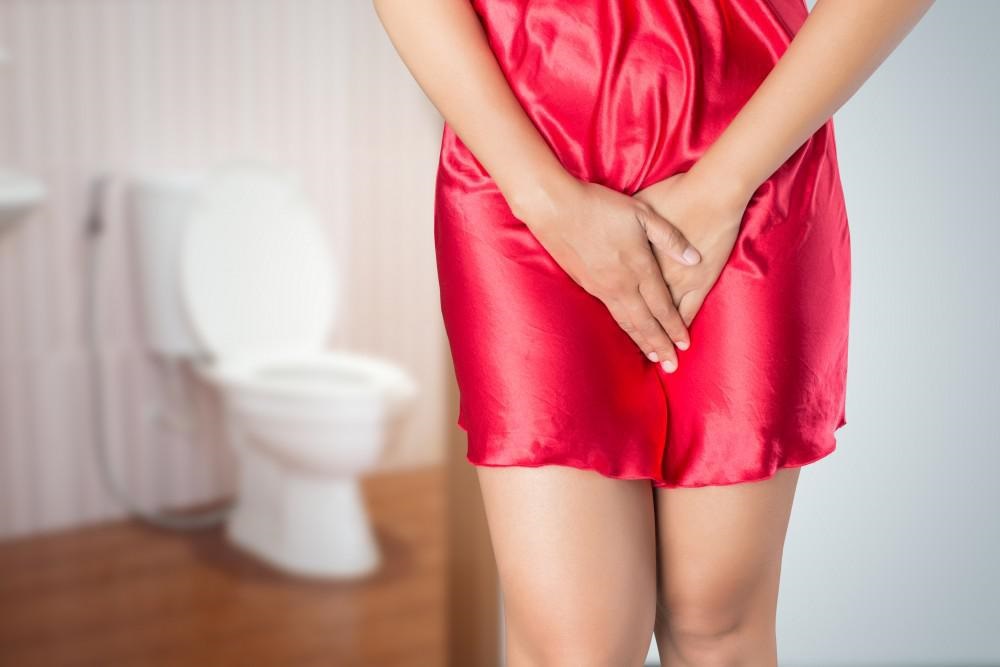Donna H. Hagberg, MD supports patients with incontinence, including incontinence due to pregnancy, at her Cos Cob, Connecticut practice. Learn more about post-pregnancy incontinence, ways to avoid additional bladder irritation, and how Dr. Hagberg can help.
Why does pregnancy cause incontinence?
For many new mothers, the post-pregnancy experience includes involuntary leaking of urine, especially when laughing, sneezing, or coughing. The reason is, the muscles around your bladder and pelvis come under stress during pregnancy and birth. After birth, your muscles may be weakened and unable to control the flow of urine from your bladder. Additionally, your shrinking, post-birth uterus settles over your bladder, causing pressure and feelings of urgency. Post-birth hormonal changes can create problems, as well.
With all of these factors at play, post-birth urinary incontinence is completely normal. Still, the condition is often uncomfortable and can be embarrassing. To avoid pregnancy-related urinary incontinence, or to heal after a difficult birth, you can take specific steps to strengthen your musculature and support your urinary system. Just remember, it can take as long as six months to completely recover from a pregnancy.
Your pelvic floor muscles will be key to maintaining an even flow. Even before your pregnancy, doing Kegel exercises by tightening and releasing your pelvic muscles will keep your bladder under control and working well. After pregnancy, Kegels strengthen and heal your worn-out muscles. Try to work up to 30 sets of Kegel exercises every day in order to reduce urinary incontinence.
Treating pregnancy-related incontinence
As you recover from your pregnancy, take specific steps to support your urinary system. While you should continue to drink at least eight glasses of water every day to stay hydrated, reducing your consumption of some foods and beverages will save your bladder from additional irritation. Avoid or reduce your intake of certain foods and drinks such as:
- Coffee
- Citrus
- Tomatoes
- Soft drinks
- Alcohol
Losing pregnancy-related weight gain and keeping your bowels clear of obstruction will also both be helpful in supporting your post-pregnancy urinary system.
If your post-birth experience does come with urinary issues, you can still take steps to improve and adapt to your condition. Dr. Hagberg performs an initial comprehensive physical exam, together with taking your medical history, as well as a urinary sample. To treat ongoing urinary issues, options may include:
- Lifestyle changes to diet and exercise
- Physical therapy to strengthen your pelvic floor muscles
- Medications to settle an over-active bladder
For some patients, the MonaLisa Touch gentle laser treatment works to stimulate the growth of stronger vaginal tissue, easing urinary incontinence problems. If needed, specific surgeries can also be used to repair your internal organ structures.
If you need help coping with post-birth incontinence, contact Dr. Hagberg today. With more than 25 years of experience, she can advise you on urinary and pregnancy-related concerns. To schedule your appointmen call our office.

